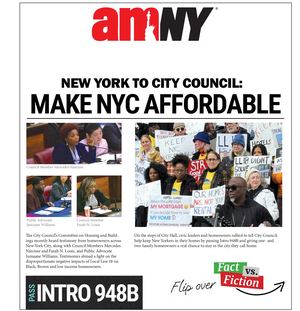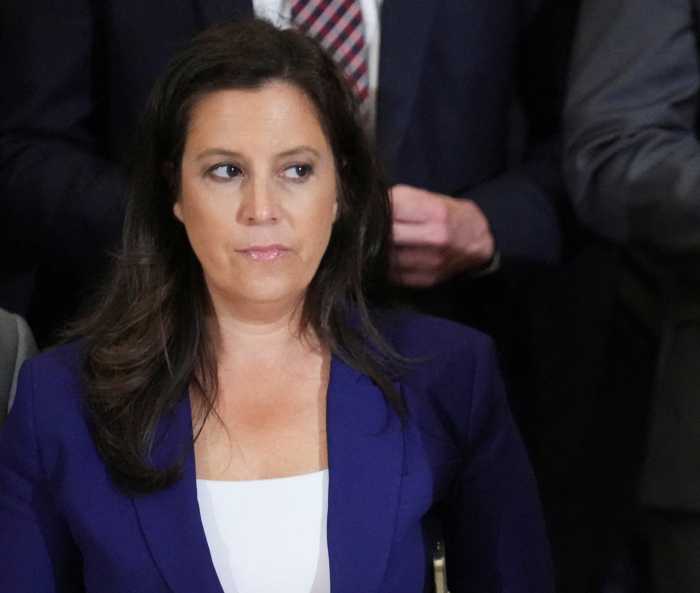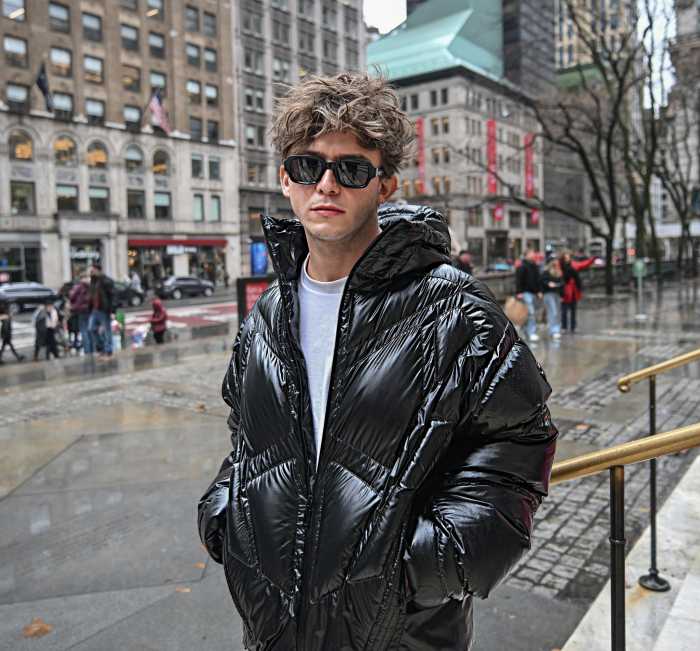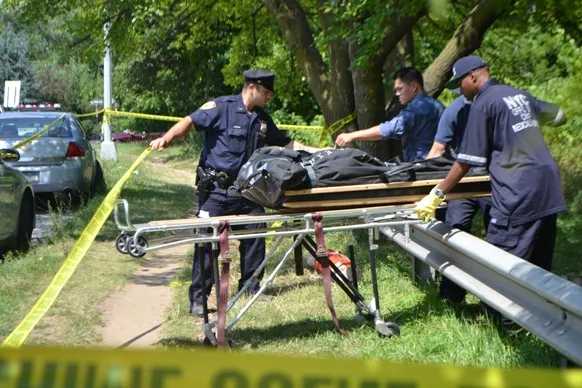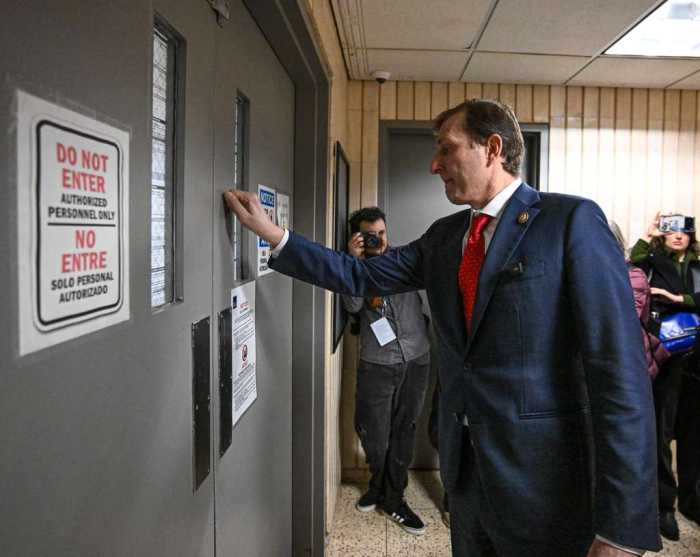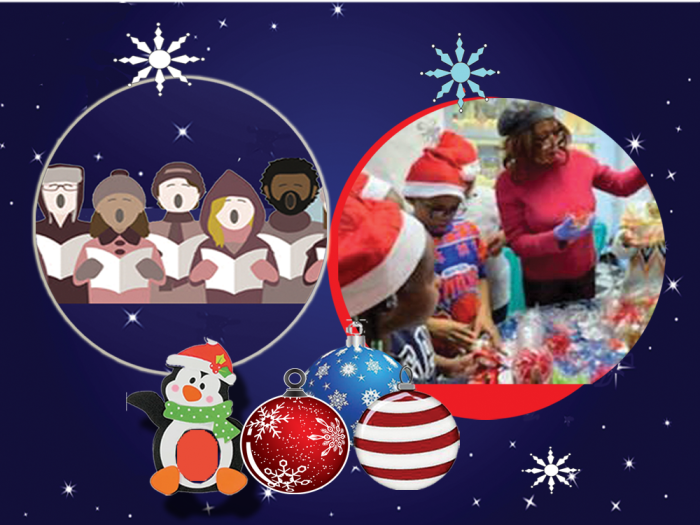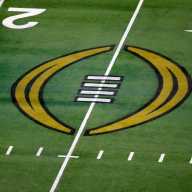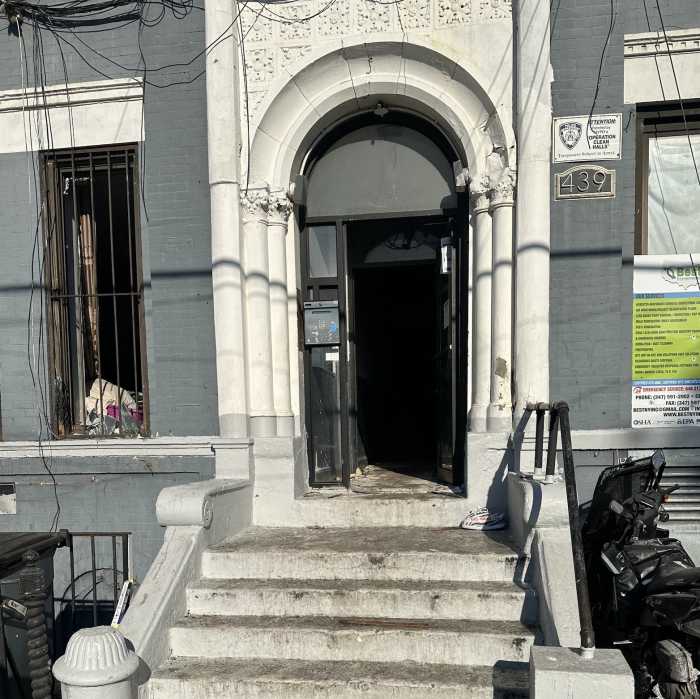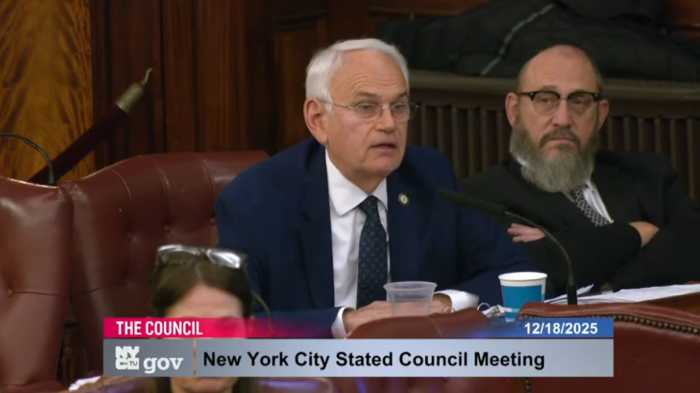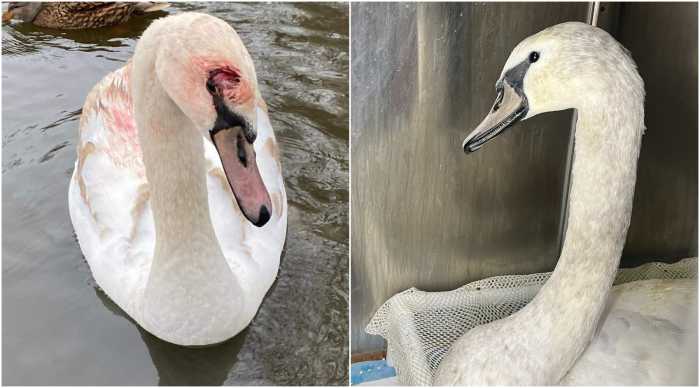As the country paused to thank veterans on Sunday and commemorate the centennial of World War I, former soldiers and active service members in New York City continue to be there for each other and their communities in any way they can.
From veterans helping each other with mental health problems to active Army servicemembers helping kids — or even NFL stars — in their spare time, members of the military are doing their best to be a positive influence on the New York City community.
Master Sgt. Sandy Cornelio, 37, grew up in Washington Heights before moving to Florida at 10 years old. He then enlisted at 18 and was stationed in several states and countries, including Korea and Iraq, before moving back to West Palm Beach. That’s where he met then-high schooler and now Giants cornerback Janoris Jenkins.
The best part for Cornelio, who said he still speaks to Jenkins almost daily, has been watching the sports star grow up, as well as all the other kids he’s had the chance to mentor over the years.
"I’m doing something for the community, I’m helping society, and giving kids a plan and goals and making sure they have a passion," said Cornelio, who now lives in Brighton Beach and works as the master trainer for more than 250 soldiers stationed in the city, Long Island and Westchester. "I can take these values and talk to young men about having integrity, honor, respect. I teach them how to do it and how to live through it."
And as for Jenkins: "I’m happy that he made it in the NFL, but I’m happy he made it as a man. It’s an honor more to me that he has made it as a young man and he’s doing all the right things."
Sports have been a big component in the life of Staff Sgt. Bruce Martin, 40, who uses rugby as a way to connect with and help kids of all ages. Martin grew up in Jamaica and first came to the United States in 2001 to play rugby (he was part of the national Jamaican team), before playing semiprofessionally in Boston and Florida. He then enlisted in 2008 and was stationed in Germany, Japan and Hawaii before coming to New York. Through it all, he never lost touch with the sport he loved.
"I’m always involved in team sport. The Army opened a lot of doors for me — by giving me this opportunity; most boys, people back home look up to me," he said. "Giving back is something I learned from rugby and the Army. They all go hand in hand, it’s all teamwork and helping people."
Martin, who lives and works as a recruiter in Brooklyn, now coaches his son’s elementary school rugby team, works with Jamaica’s national rugby team, hosts tournaments (there’s one on Randall’s Island this month), and goes back to his high school every year with fellow servicemen to inspire more people to get involved.
But sometimes life after service isn’t easy. That’s where Sharmin Prince comes in. As the program director for veterans services at Volunteers of America-Greater New York, Prince is running the Battle Buddy Bridge, a peer-to-peer program that trains veterans to help other veterans deal with a mental health diagnosis.
"In basic training, you are taught to rely on your battle buddy — you never walk alone. Once you’re discharged, you lose that camaraderie," said Prince, who is a veteran herself. "There is recovery, there are possibilities beyond the diagnoses."
Prince has graduated four training classes since last year, totaling 43 graduates from all over the military, including Army, Marines, Air Force, Navy and Coast Guard. The training takes place over five full days, followed by six to eight weeks of working with a fellow veteran who needs help.
"They learn about mental illness, the importance of peer support … They don’t diagnose, they don’t talk about medication. They’re trained to focus on sharing their recovery story," she said, adding that the program helps "our veterans to embrace: embrace their diagnosis, understand there is recovery from a mental diagnosis and they can help other veterans."
Derek Pollitt, 67, who graduated from the Battle Buddy Bridge program last week, lives in Bedford-Stuyvesant and works as a counselor in the Bronx. Pollitt, who served in Korea in the ’70s, said he went back to school and graduated in 2012 with a degree in vocational rehabilitation counseling. He said he was happy to participate in any program that made him better at his job, in which he works exclusively with veterans.
"The fact that we can relate to each other as veterans, we know what it’s like," he said. "Anytime I see somebody in pain or who is struggling, as a veteran I’m always reminded of that motto: leave no man — or woman — behind."
